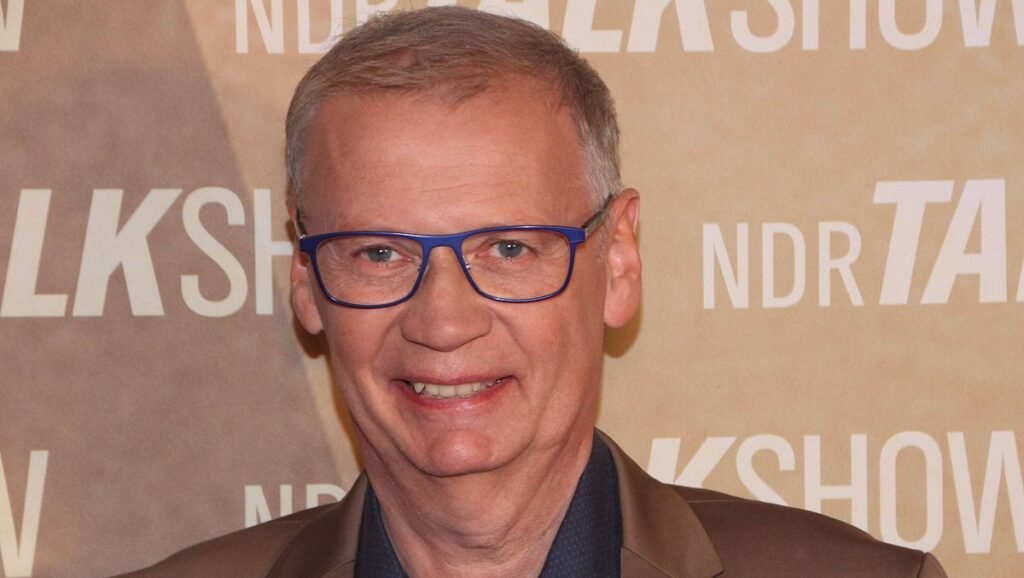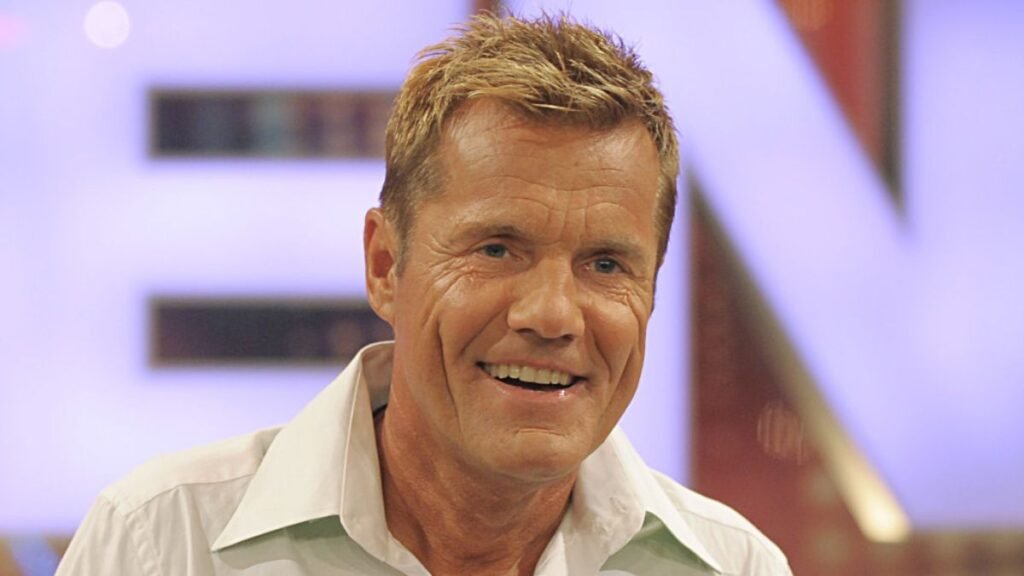Alexander Lukashenko is the current President of Belarus, a position he has held since 1994. He is often referred to as the “last dictator of Europe” because of his authoritarian style of governance. Lukashenko has been in power for nearly three decades, which makes him one of the longest-serving leaders in Europe. His rule has been marked by strict control over Belarusian politics, the economy, and media, as well as a tense relationship with Western countries.
Early Life of Alexander Lukashenko
Alexander Grigoryevich Lukashenko was born on August 30, 1954, in a small village called Kopys in the Vitebsk Region of Belarus, which was then part of the Soviet Union. Lukashenko grew up in poverty and was raised by his single mother, Ekaterina, as his father abandoned the family. This challenging upbringing played a role in shaping his character.
From a young age, Lukashenko was known for his discipline and interest in politics. He was a member of the Young Communist League during his school years. After finishing high school, he attended the Mogilev State Pedagogical Institute, where he studied history and social sciences. Later, he completed his education at the Belarusian Agricultural Academy, where he learned more about agriculture—an area that would become important in his political career.
| Name | Alexander Grigoryevich Lukashenko |
|---|---|
| Born | August 30, 1954 |
| Place of Birth | Kopys, Vitebsk Region, Belarus (Soviet Union) |
| Nationality | Belarusian |
| Occupation | President of Belarus |
| Years Active | 1994–Present |
| Political Party | Independent (formerly Communist Party) |
| Spouse | Galina Lukashenko (separated) |
| Children | Viktor, Dmitry, Nikolai |
| Net Worth | $10 billion (2024) |
| Education | Mogilev State Pedagogical Institute, Belarusian Agricultural Academy |
| Known For | Longest-serving President of Belarus, authoritarian leadership |
Professional Life and Rise to Power
Before entering politics, Lukashenko worked in several fields. He was a teacher, a leader in the Communist Party of the Soviet Union, and a director at a collective farm, where he gained experience in managing people and resources. His understanding of agriculture helped him earn popularity among rural voters.
In 1990, Lukashenko was elected as a deputy in the Supreme Soviet of Belarus, the country’s parliament. At that time, Belarus was transitioning from being part of the Soviet Union to an independent country. Lukashenko became known for his strong anti-corruption stance, which made him popular with the people. In 1994, after campaigning on promises to improve the economy and fight corruption, Lukashenko won the presidential election.
Presidency and Achievements
Alexander Lukashenko has been re-elected as president several times, most recently in 2020, although these elections have often been criticized by international observers for lack of transparency and fairness. Under his leadership, Belarus has remained a strongly centralized state where political opposition is suppressed, and the media is tightly controlled.
Lukashenko’s government has maintained close ties with Russia, particularly with Vladimir Putin. The two countries have strong economic and military relationships. However, Lukashenko has also tried to balance relations with Western countries at times, although these efforts have not always been successful due to his government’s human rights record.
Key Achievements During Lukashenko’s Rule:
- Economic Stability: During the early years of his rule, Lukashenko managed to maintain some level of economic stability, especially in comparison to other post-Soviet states. His government retained state control over key industries like energy, transport, and manufacturing.
- Close Ties with Russia: Lukashenko has maintained strong ties with Russia, which has provided economic support to Belarus, such as cheap oil and gas. These resources have helped Belarus maintain a relatively stable economy despite sanctions from Western countries.
- Infrastructure and Industrial Development: Lukashenko has overseen the construction of new infrastructure projects in Belarus, including roads, railways, and factories. His government has also supported the growth of the agricultural and manufacturing sectors.
- Suppression of Political Opposition: While this is seen as a controversial part of his rule, Lukashenko has kept a tight grip on political power by suppressing opposition, ensuring his continued control over the country.
- COVID-19 Pandemic Response: During the COVID-19 pandemic, Lukashenko took a controversial approach, initially downplaying the seriousness of the virus. His response attracted significant criticism, both inside and outside of Belarus, but he continued to remain in power.
Alexander Lukashenko Net Worth
As of recent reports, Alexander Lukashenko’s net worth is estimated to be around $9 to $10 billion. Most of his wealth is believed to be hidden in foreign assets, and it is not officially declared. There are various sources contributing to his wealth:
| Year | Net Worth (USD) |
|---|---|
| 2015 | $3 billion |
| 2016 | $3.5 billion |
| 2017 | $4 billion |
| 2018 | $4.5 billion |
| 2019 | $5 billion |
| 2020 | $6 billion |
| 2021 | $7 billion |
| 2022 | $8 billion |
| 2023 | $9 billion |
| 2024 | $10 billion |
- Control of State Assets: As the president of Belarus, Lukashenko has direct or indirect control over many state-owned businesses. These include large industries, agricultural enterprises, and energy companies. While these assets are not technically his personal property, many believe that he personally benefits from their operations.
- Russian Subsidies: Belarus receives substantial financial support from Russia, including cheap oil and gas. Some of this money is funneled into state industries, while others believe that a portion is used to enrich Lukashenko and his inner circle.
- Foreign Investments: Although Belarus is under sanctions from Western countries, some foreign companies still invest in Belarusian infrastructure and industries. Lukashenko’s government is believed to have influence over these deals, which could contribute to his personal wealth.
- Banking Sector: Although not much is publicly known, it is believed that Lukashenko has interests in private banking both inside and outside Belarus. He may have offshore accounts where some of his assets are stored.
Personal Life
Alexander Lukashenko is known to have a strict and authoritarian personality both in public and private. He is married to Galina Lukashenko, although they have been separated for many years, and she does not appear in public with him. They have two sons together: Viktor and Dmitry. Both of his sons have held important positions in Belarusian government and state companies, showing the level of control the Lukashenko family has over the country.
Lukashenko also has a younger son, Nikolai, who was born in 2004. Nikolai has often been seen with his father at official events, leading many to believe that Lukashenko is grooming him to eventually take over as president.
Lukashenko’s Relationship with Russia
One of the most important aspects of Alexander Lukashenko’s rule is his relationship with Russia. Russia is Belarus’s largest trade partner, and Lukashenko has made sure to maintain strong ties with Russian leaders, including Vladimir Putin.
Lukashenko’s government benefits from Russian subsidies in the form of cheap oil and gas, which helps keep the Belarusian economy afloat. In return, Belarus is a loyal ally of Russia and has supported its foreign policy on several occasions.
However, Lukashenko has not always fully embraced the idea of Belarus becoming completely dependent on Russia. While he enjoys economic support from Moscow, he also attempts to maintain some independence and control over Belarus.
Controversies and Criticism
Lukashenko’s presidency has not been without controversy. His long rule, election rigging, and human rights abuses have led to international condemnation. Several sanctions have been placed on him and his government by the European Union and the United States. These sanctions have targeted government officials and state-run businesses.
In 2020, following a contested presidential election, large-scale protests broke out in Belarus. Many Belarusians believe that the election was rigged to keep Lukashenko in power. His government responded with violent crackdowns on protesters, which led to further criticism from the international community.
Lukashenko has also faced criticism for his handling of the COVID-19 pandemic, initially claiming that vodka, saunas, and playing sports could prevent infection. His refusal to enforce lockdowns or restrictive measures caused concern among public health experts.
Legacy and Future
Alexander Lukashenko has been a dominant force in Belarusian politics for almost three decades. His rule has been marked by authoritarianism, but he has also maintained a stable government in a country that has experienced less economic turmoil than many other former Soviet states.
However, as protests and opposition grow stronger, especially after the 2020 elections, his grip on power could weaken. Some believe that Lukashenko may be grooming his youngest son, Nikolai, to succeed him in the future.
Conclusion
Alexander Lukashenko is one of the most influential and controversial leaders in Europe today. He has accumulated a substantial net worth over his years in power, largely through control of state resources, Russian subsidies, and hidden assets. While his government has maintained economic stability in Belarus, his authoritarian rule and human rights abuses have drawn global criticism. As his time in power continues, the future of Belarus under his leadership remains uncertain.







